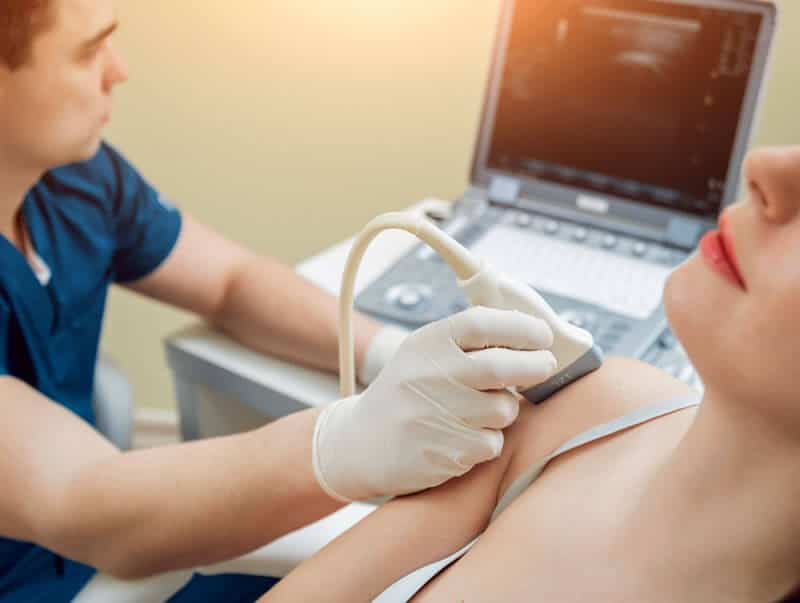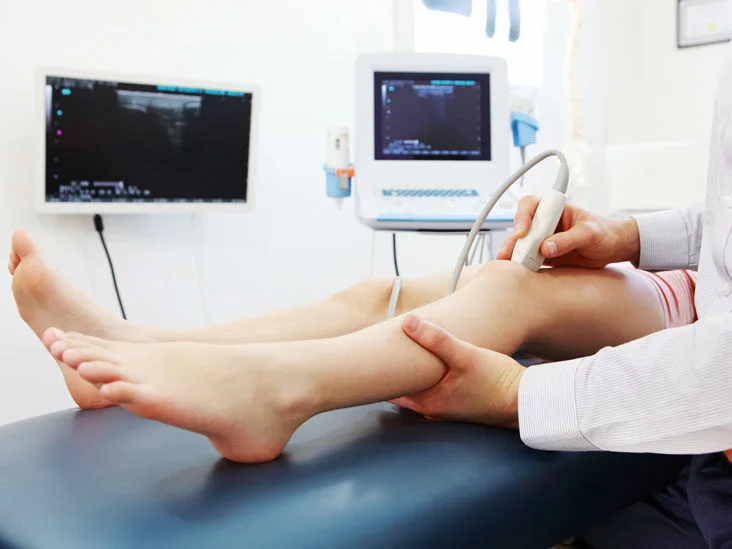Abdominal Private Ultrasound Scan
£175
Abdominal ultrasound is a non-invasive imaging technique used to visualize the organs and structures within the abdomen, including the liver, gallbladder, pancreas, kidneys, and intestines. At London Private Ultrasound, located in Central London, we offer comprehensive abdominal ultrasound services to assess and diagnose a wide range of conditions affecting the abdominal organs.
Conditions Diagnosed with Abdominal Ultrasound:
Liver Conditions:
- Fatty Liver Disease (NAFLD/NASH): Abdominal ultrasound can detect signs of fat accumulation in the liver, indicative of non-alcoholic fatty liver disease (NAFLD) or its more severe form, non-alcoholic steatohepatitis (NASH).
- Hepatitis: Ultrasound may reveal liver inflammation and changes in liver size and texture associated with acute or chronic hepatitis.
- Liver Cirrhosis: Advanced liver cirrhosis can be identified through ultrasound by characteristic changes such as liver nodularity, irregularity of the liver surface, and splenomegaly.
Gallbladder Disorders:
- Gallstones (Cholelithiasis): Abdominal ultrasound is highly sensitive for detecting gallstones, which appear as echogenic structures within the gallbladder lumen.
- Cholecystitis: Inflammation of the gallbladder, often due to gallstones, can be visualized on ultrasound by thickening of the gallbladder wall and the presence of pericholecystic fluid.
Pancreatic Diseases:
- Pancreatitis: In acute pancreatitis, ultrasound may reveal pancreatic enlargement, edema, and fluid collections, while chronic pancreatitis may present with calcifications and pancreatic duct dilation.
- Pancreatic Tumors: Abdominal ultrasound can detect pancreatic masses, aiding in the diagnosis of both benign and malignant tumors.
Kidney Disorders:
- Kidney Stones (Nephrolithiasis): Ultrasound is a valuable tool for detecting renal calculi, which appear as hyperechoic structures with posterior shadowing.
- Hydronephrosis: Obstruction of the urinary tract may result in hydronephrosis, visualized as dilation of the renal collecting system on ultrasound.
- Renal Cysts and Tumors: Ultrasound can differentiate between simple renal cysts and complex cystic lesions, as well as detect renal tumors and masses.
Abdominal Aortic Aneurysm (AAA):
- Abdominal ultrasound is used to screen for AAA, a potentially life-threatening condition characterized by the dilation of the abdominal aorta. Ultrasound can accurately measure the diameter of the aorta and assess the risk of rupture.
Gastrointestinal Disorders:
- Bowel Obstruction: Ultrasound can detect dilated loops of bowel and identify the site and cause of bowel obstruction.
- Inflammatory Bowel Disease (IBD): While not diagnostic, ultrasound can visualize bowel wall thickening, inflammation, and complications associated with IBD.
Other Abdominal Conditions:
- Ascites: Abdominal ultrasound can detect the presence of ascitic fluid within the peritoneal cavity, aiding in the evaluation of underlying liver disease, malignancy, or other causes.
- Abdominal Masses: Ultrasound can identify and characterize abdominal masses of various origins, including benign and malignant tumors.
Book Your Appointment
1. Why do I need to have an abdominal ultrasound scan?
- Abdominal pain, Discomfort, Bloating, Vomiting,
- Abnormal liver function tests, Fatty liver, Gallstone, Liver Cirrhosis, Yellow Skin (Jaundice)
- Follow up on previous findings such as cysts, gallstones, polyps, kidney stones
- Cysts, Polyps, Tumours, Cancers, or Inflammation
- Abnormal Blood Tests
2. What does the abdominal ultrasound scan include?
In this scan we will
- Take your relevant medical history
- Provide 10 minutes consultation
- Explain all findings during and after your ultrasound scan
- Write an official scan report within 24 hrs, with appropriate images included in the report
- Recommend a follow-up ultrasound scan if necessary
- Offer GP or specialist referral and a Blood Test if needed
3. What is the most common finding of an abdominal ultrasound scan?
- Cancer or other life-threatening diseases in solid organs like; Liver, kidney, spleen, and pancreas.
- Fatty liver, Cirrhosis, tumours or cysts in the liver
- Fluid collection in the abdominal cavity
- Obstruction in the biliary or pancreatic ducts and the cause of obstruction
- Enlargement or inflammation of the spleen, liver or both (Splenomegaly, Hepatomegaly, Hepatosplenomegaly)
- Gallstone and other pathologies in the gallbladder
- Enlarged lymph nodes
- Stone, cyst, tumour, collection or blockage in kidneys
- Abdominal Aorta dilation (Aneurysm)
4. Would I need a blood test?
In some cases, we will recommend a relevant blood test.
5. What kind of preparation do I need?
- You will be asked be fasting at least 4-6 hours before your abdominal ultrasound scan appointment. ( You are not allowed to drink Tea or Coffee, or eat porridge)
- You must drink at least one litre of water one hour before your appointment.
- If you have diabetes, please eat and drink as usual.
- If you are on medication, please take your medicines on time.
6. What happens during the abdominal ultrasound scan?
Our Ultrasound Specialists will explain the procedure before your scan. You will be guided to lie on your back on the examination couch. A small amount of water-based gel will be applied to your abdomen. Our specialist will move the probe on your skin to produce diagnostic ultrasound images. You will not feel any discomfort during your ultrasound scan. An Abdominal ultrasound scan is regularly completed within 20 minutes. Our Sonographer will recommend the best course of action, depending on the ultrasound scan findings.
7. When will I get the results?
You will receive your results verbally after the scan. However, the Sonographer will examine the relevant images after your appointment and prepare a written report after your scan or within 24 hours with any recommended actions. The report will be sent to you so that you can discuss the findings with your doctor, if required.
8. What are the risks of an abdominal ultrasound?
There are no risks or side effects associated with the Abdominal ultrasound scan. Ultrasound does not use any radiation, which is why doctors prefer to use them to check on developing babies in pregnant women.
Private Ultrasound Clinic
All part of our services, from our specialists to our technology and, of course, our clinic, is designed to deliver the greatest possible experience for all of our patients and visitors.
We are conveniently located a stone throw famous Harley Street of London and our clinic is a place where you may feel safe and clean, comfortable, and reassuring environment.




